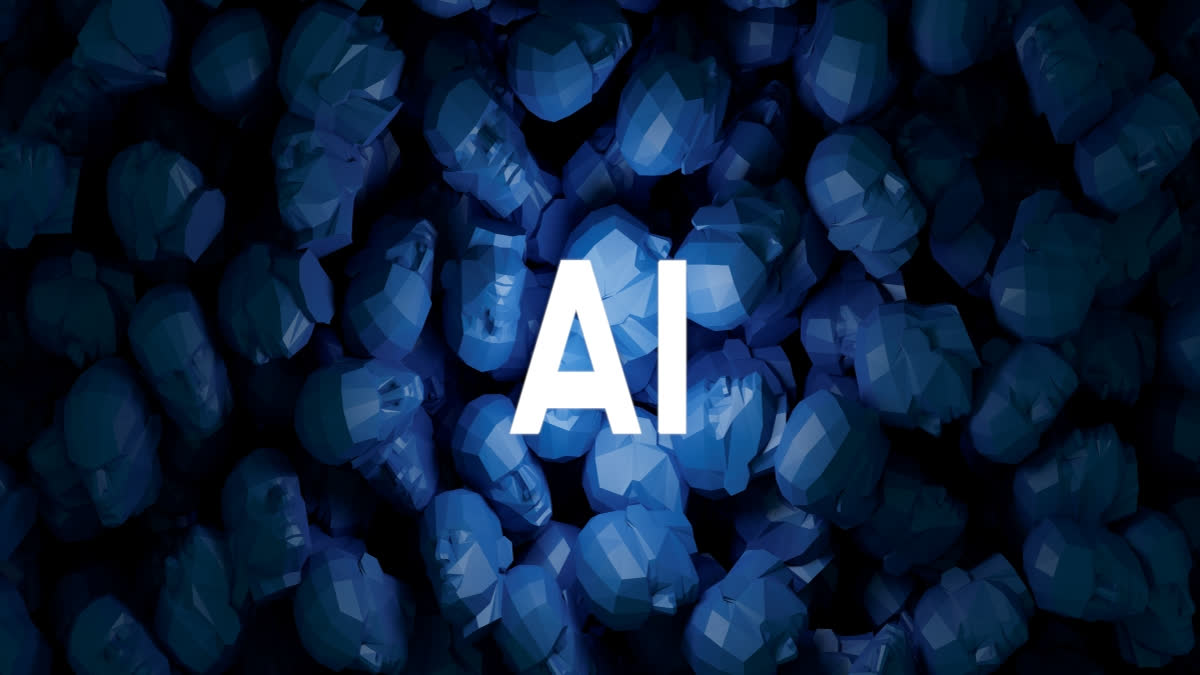New Delhi: Researchers at the Indian Institute of Technology Madras have developed the first India-specific artificial intelligence (AI) model to precisely determine the age of a foetus in the second and third trimesters of pregnancy. The team, including researchers from the Translational Health Science and Technology Institute (THSTI), Faridabad, noted that accurate age of foetus or 'gestational age' (GA) is necessary for the appropriate care of pregnant women and for determining precise delivery dates.
Called 'Garbhini-GA2', this is the first late-trimester GA estimation model to be developed and validated using Indian population data, they said. "We are utilising advanced data science and AI/ML (artificial intelligence/machine learning) techniques to build tools to predict unfavourable birth outcomes," said Himanshu Sinha from IIT Madras.
"The first step towards this is to develop accurate GA models that perform significantly better than currently used models designed using Western populations," said Sinha, who led the research published in the journal Lancet Regional Health Southeast Asia. Currently, GA is determined using a formula developed for Western population. They are likely to be erroneous when applied in the later part of pregnancy due to variations in the growth of the foetus in the Indian population, the researchers said.
The 'Garbhini-GA2' model accurately estimates the age of a foetus for the Indian population, reducing error by almost three times, they said. This model can improve the care delivered by obstetricians and neonatologists, thus reducing maternal and infant mortality rates in India, according to the researchers.
"Improving the GA accuracy is a critical component of the broader goals of the study, which aims to reduce the adverse pregnancy outcomes," said Shinjini Bhatnagar, a Distinguished Professor at THSTI. "The mere application of sophisticated data science tools is not sufficient. The crux of ensuring that these technological advancements yield tangible benefits in the clinical realm lies in the end-to-end partnership between clinicians and data scientists," Bhatnagar said.
Ultrasound dating in early pregnancy is the standard of care for determining GA. However, dating based on formulae developed with Western data, particularly in the second and third trimesters, tends to be less accurate in the Indian population due to the variations in foetal growth. The researchers used genetic algorithm-based methods to develop Garbhini-GA2, which, when applied in the second and third trimesters of pregnancy, was more accurate than the current models.



